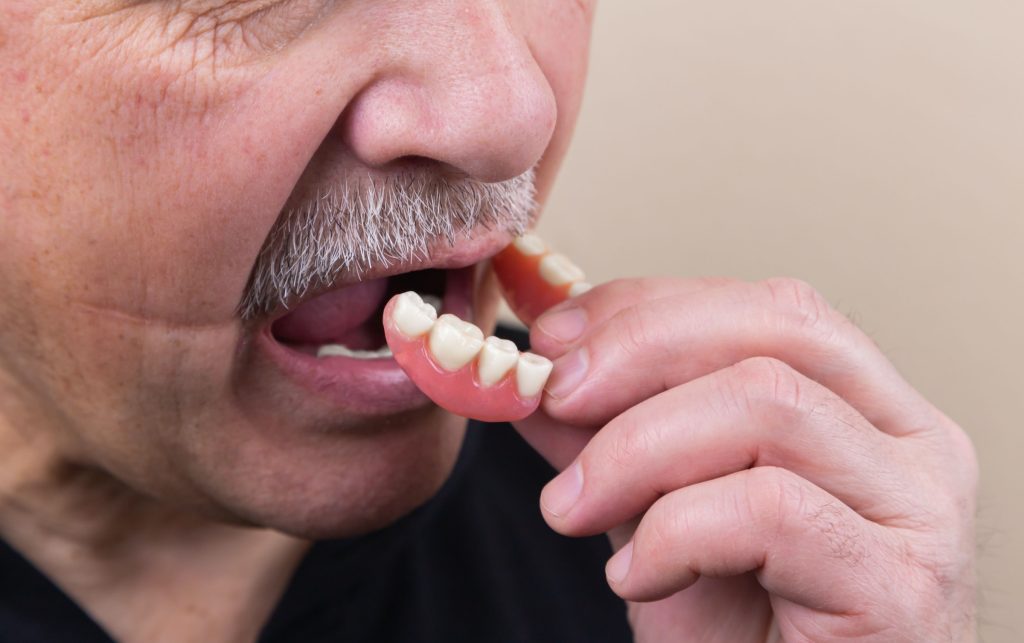Elderly patients’ oral health is the main focus of geriatric dentistry, sometimes referred to as geriodontics. It addresses a wide range of dental care issues that are particularly tailored to older persons’ evolving dental needs. It is a specialty area of dentistry concerned with the identification, management, and avoidance of age-related oral health issues.
Individuals typically require more dental care as they become older. This is because ageing is a natural process that frequently results in a decline in dental health. Tooth deterioration and an array of oral health issues can result from a lifetime of use and exposure to different foods, beverages, and potentially tobacco products, such as cigarettes or chewing gum.
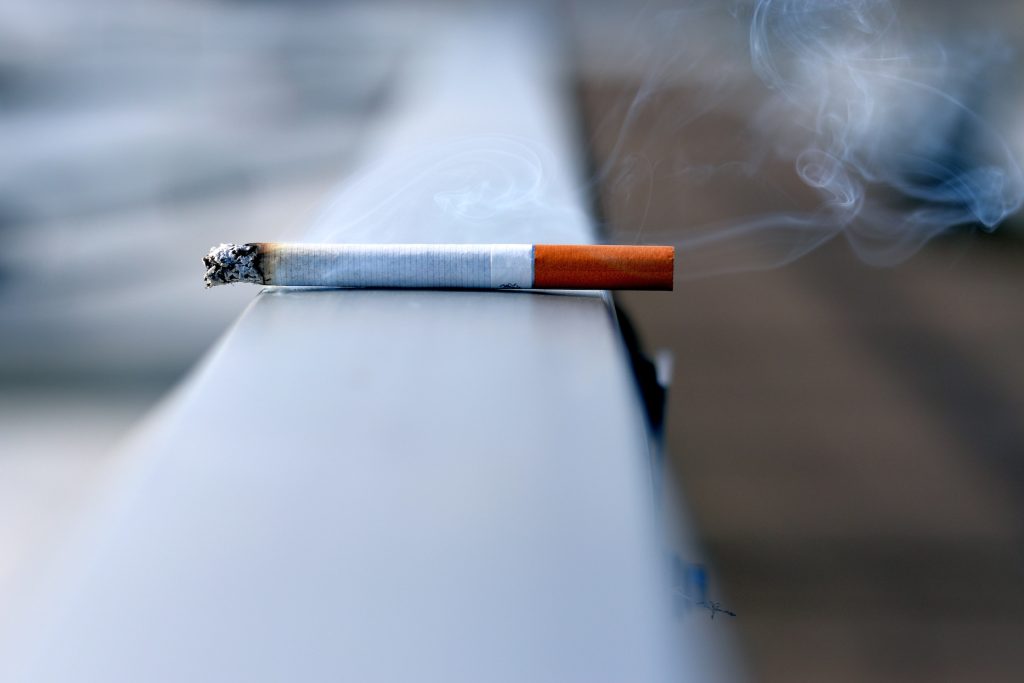
Furthermore, systemic conditions like diabetes or heart disease may worsen oral health issues in senior persons. In addition, some drugs, which are frequently taken for long-term conditions, can cause dry mouth, which raises the risk of gum disease and tooth decay.
Poor nutrition can result from dental pain, tooth loss, or ill-fitting dentures, as older adults avoid certain necessary but tough-to-chew foods. This is when geriatric dentistry enters the picture and becomes essential in taking care of these particular oral issues.
The Rising Need for Geriatric Dentistry
Contents
The United Nations has stated that nearly 1 in 11 people worldwide is over the age of 65 currently. In the future in 2050, this ratio will rise to 1 in 6 which presents a greater need for geriatric dental services due to the correlation between ageing and oral health problems. Since oral health is largely age-dependent, the elderly are always at the highest risk for oral illness which furthermore reiterates the need for geriatric dental care.
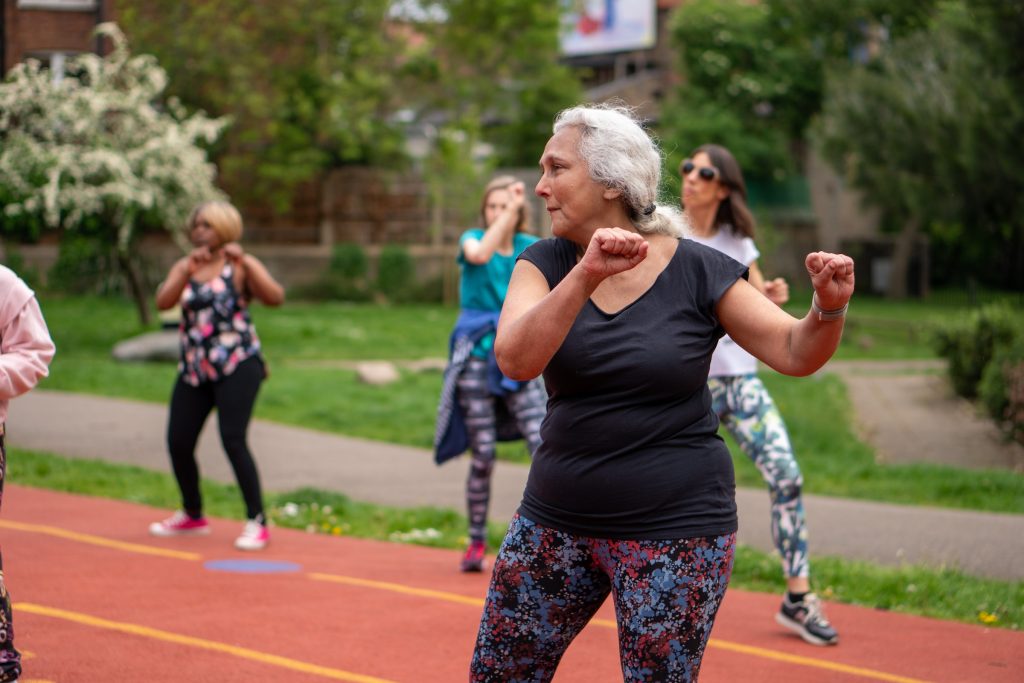
Periodontal disease (gum disease), tooth loss, root decay, and dry mouth (xerostomia) are common oral health problems in the elderly. Numerous of these disorders are caused by the physiological and physical alterations that come with ageing, either directly or indirectly. Geriatric dentistry is becoming a more prominent specialisation in the healthcare industry since, regrettably, this population frequently lacks access to dental care, despite the serious implications for public health.
Many oral disorders are more common in older adults. These diseases can cause pain, discomfort, trouble speaking and eating, and poor aesthetics, which can lower an older person’s quality of life and self-esteem. Oral infections occasionally have a role in the development of more serious medical disorders like diabetes or heart disease. So, now more than ever, elderly dentistry plays a critical role in reducing these problems.
Common Dental Issues in the Elderly
Gum disorders, also known as periodontal diseases, are the most common oral health issues that affect the elderly. Minor inflammation (gingivitis) to severe infection (periodontitis) are the spectrum of periodontal diseases. Because of weakened immune systems, gum disease, chronic plaque buildup, and other systemic conditions like diabetes, older people are more vulnerable to these illnesses.
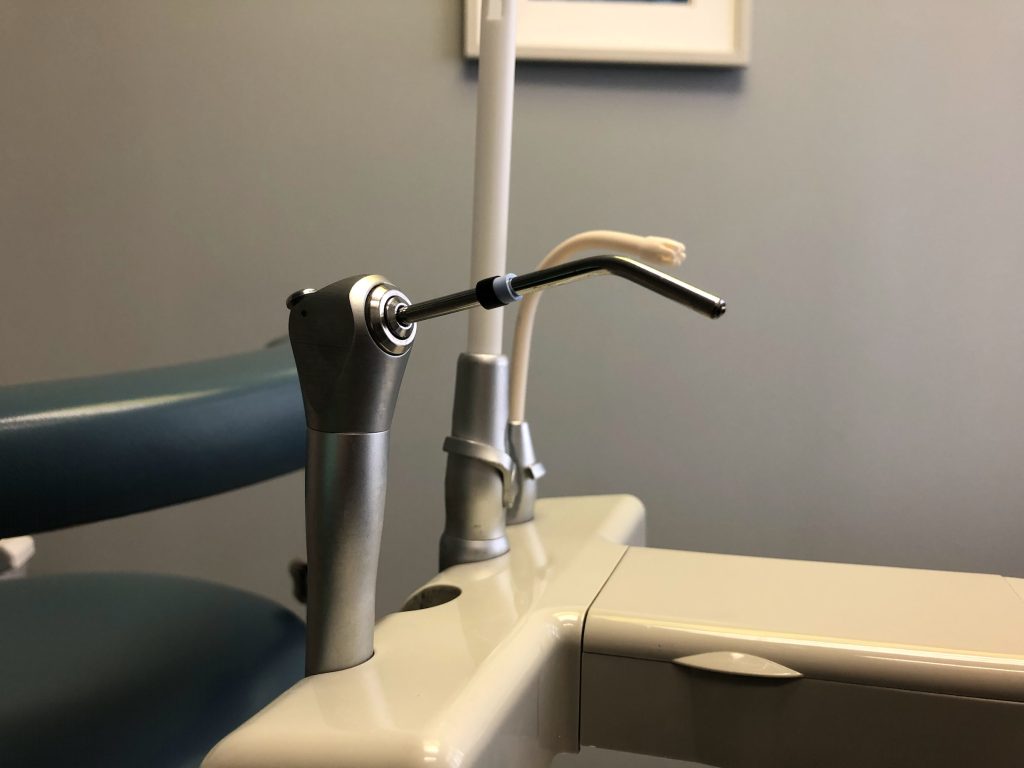
Root decay, which is more common as gum recession exposes the teeth’s roots, is another serious dental health issue that older people deal with. Because tooth surfaces have a harder enamel covering than root surfaces, the latter are more susceptible to decay. Similarly, tooth loss is widespread; decay or gum disease accounts for the majority of the seven teeth lost by senior persons.
Finally, faster tooth decay and other oral health problems can result from xerostomia, or dry mouth, which is frequently brought on by a variety of drugs that are popular among older persons. This is due to the fact that saliva plays a vital function in mouth protection by helping to wash away food particles and neutralising acids created by bacteria. These defensive systems are compromised when salivary flow is insufficient. The diagnosis, treatment, and management of these disorders are critical tasks for geriatric dentistry in order to preserve the dental health and general wellness of senior persons.
Importance of Geriatric Dentistry
For general health and well-being, oral health is essential. Several studies have demonstrated the connection between systemic illnesses like diabetes, heart disease, stroke, and respiratory disorders and dental health. In addition to causing these conditions, poor oral health can also make them more difficult to treat. Seniors who take care of their teeth can have longer, healthier, and more independent lives.
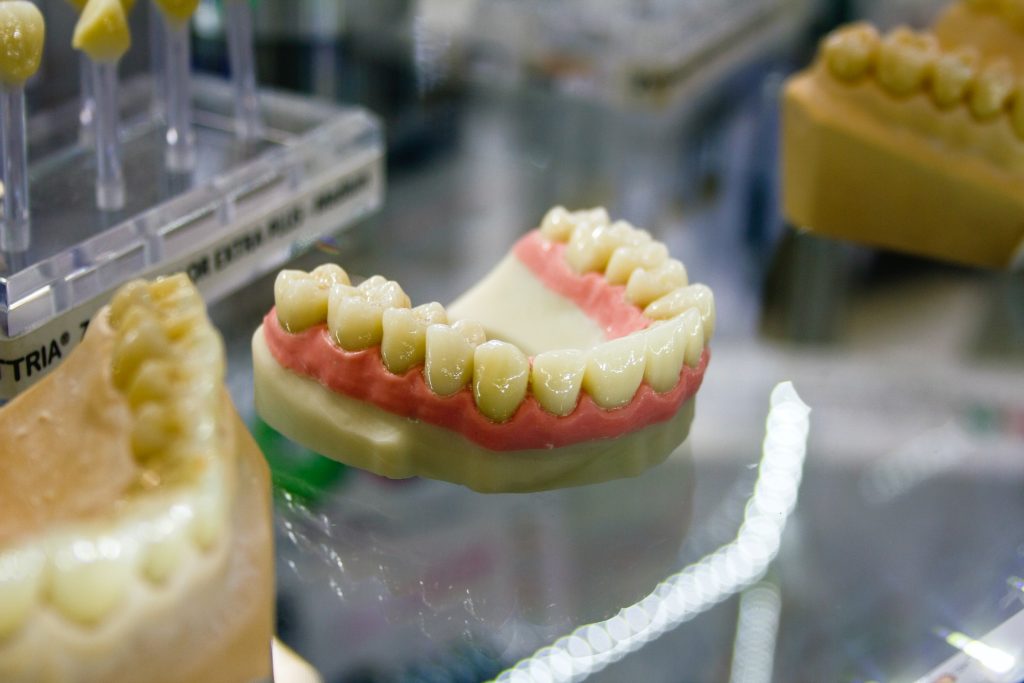
The quality of life for the elderly is greatly enhanced by geriatric dentistry. In addition to improving older persons’ capacity to chew and enjoy food, it offers specialised therapies that eliminate oral disorders, pain, and discomfort. It also helps avoid more serious systemic diseases. Furthermore, having a healthy grin can enhance relationships, build confidence, and facilitate communication with others
Preventive geriatric dental care can also help avoid the need for numerous invasive and expensive operations later on, saving a significant amount of money on long-term medical expenses. To put it briefly, geriatric dentistry is incredibly helpful in encouraging healthy ageing.
Treatment Strategies in Geriatric Dentistry
In the world of geriatric dentistry, there are important tactics that exist in order to delay the development of oral disorders. The first step in this is preventative care which includes dental check-ups and cleanings on a regular basis as well as nutritional counselling and promoting excellent oral hygiene. With that, plaque and tartar accumulation are the main causes of cavities and gum disease so they need to be controlled.
Dental restoration, gum disease treatment, and cavity fillings are examples of oral health issues that restorative therapy focuses on resolving. Root canal therapy, dental fillings, crowns, bridges, and dental implants are just a few of the methods and processes that are involved in this.
Another major component of geriatric dentistry where dentures, bridges, or dental implants can be utilised to replace the lost teeth in the case that there is severe tooth loss. These prosthetics assist the patient to preserve their quality of life and their sense of self by restoring oral function but also making significant cosmetic improvements.
Finally, for elderly patients having invasive dental treatments or those with incapacitating oral diseases, palliative care is essential. Through a variety of therapies, such as topical anaesthetics for oral sores, oral moisturisers for dry mouth, and palliative radiation for pain due to oral cancer, symptoms are treated, discomfort is managed, and comfort is improved.
Access and Affordability of Geriatric Dental Services
Regretfully, despite the many advantages of geriatric dentistry, there are still many obstacles that older persons must overcome in order to receive this vital medical care. Financial limitations, a lack of dental insurance, trouble getting about, mobility problems, or just a lack of knowledge about the significance of oral health in later life can all be obstacles.

In order to overcome these obstacles, elderly dental care must be made more accessible and affordable as well. This will entail the need to create senior dental care plans that are reasonably priced, add dental coverage to Medicare, and launch awareness-raising community outreach initiatives. At the same time, it would be necessary to encourage more in-home dental care services for people who struggle with mobility and have access to transportation.
In the context of healthcare, the emergence of geriatric dentistry is a significant development. In addition to raising the need for dental care, ageing brings particular problems with oral health that call for particular methods and solutions. With its emphasis on the dental needs of the elderly, geriatric dentistry is essential to preserving oral and general health and, as a result, greatly enhances the quality of life for the old.
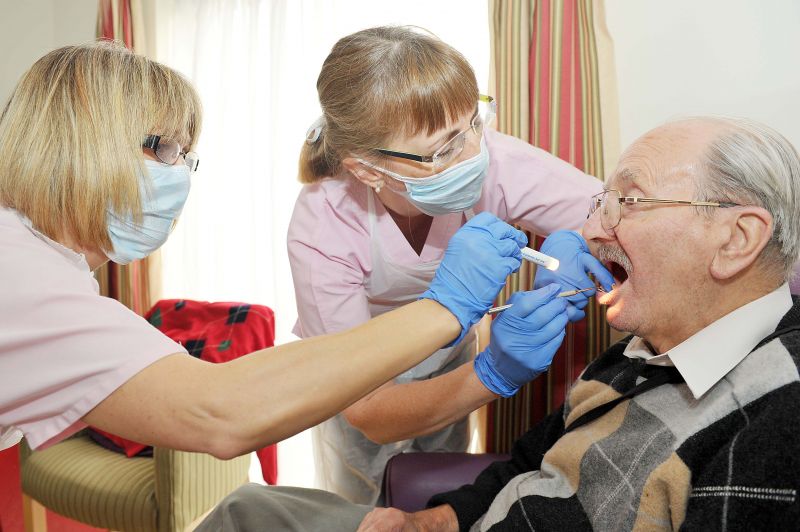
However, coordinated efforts are needed to improve the price and accessibility of geriatric dentistry services in order to fully realise its benefits. Geriatric dentistry is becoming more and more crucial as the population becomes older at a faster rate.

